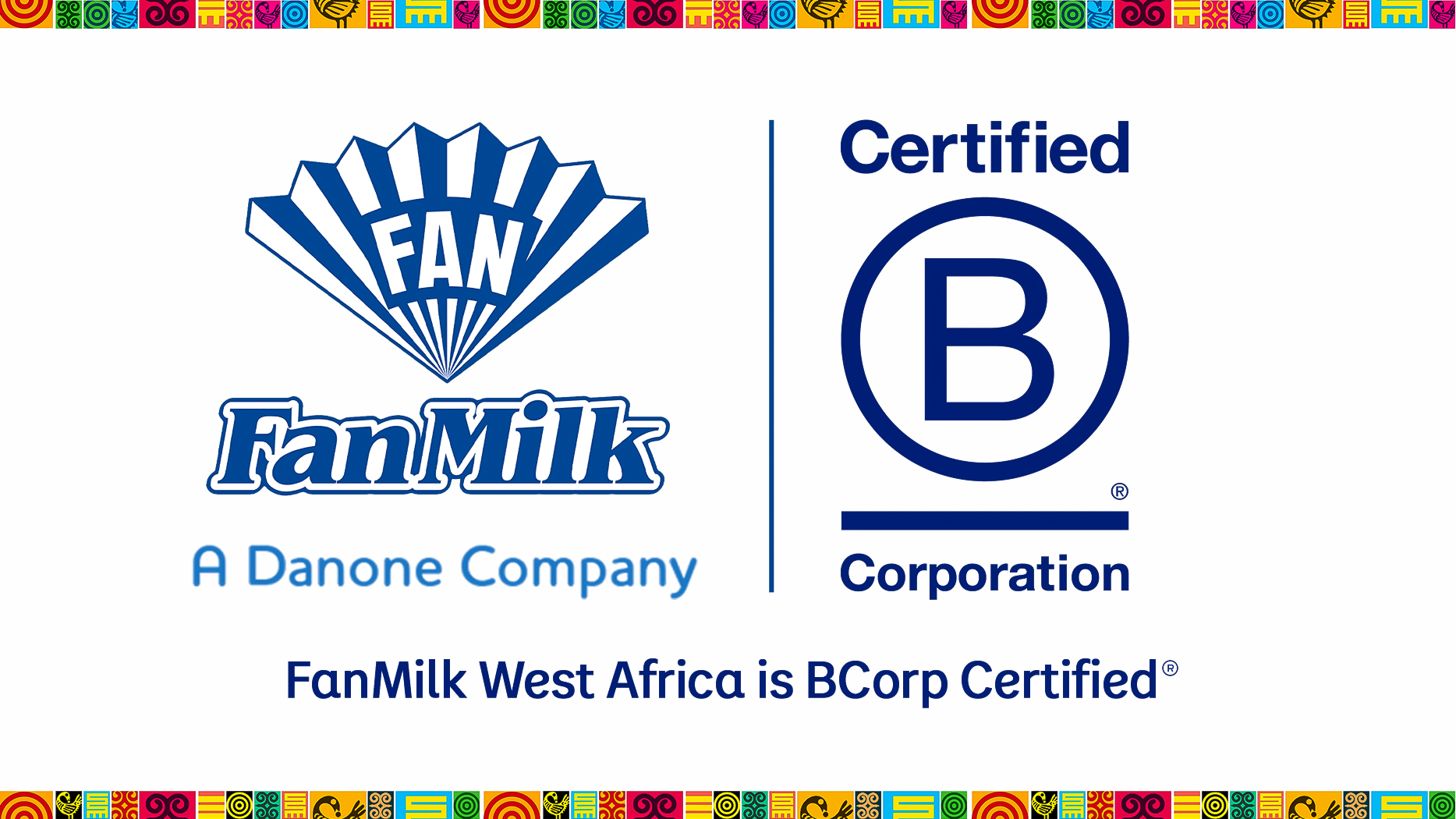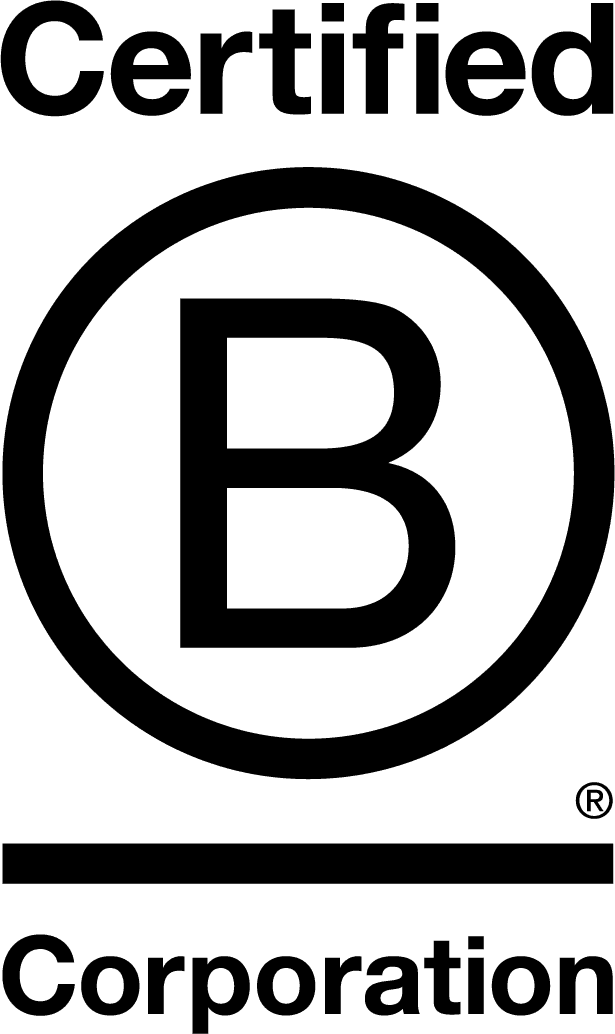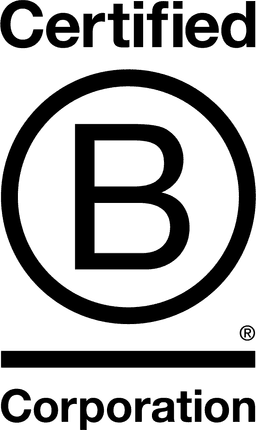

Fan Milk (a Danone Company)

1.6
Greater Accra Region, Ghana
May 2025
Food products
Manufacturing
Benin,
Cote D'Ivoire (Ivory Coast),
Gabon,
Ghana,
Nigeria,
Togo
FanMilk, a proud subsidiary of Danone, has been a cornerstone of West Africa’s food industry for over 60 years, delivering nutritious and refreshing dairy products and juices to communities in Ghana, Nigeria, Côte d’Ivoire, Togo, and Benin. Guided by Danone’s dual impact strategy, FanMilk balances economic growth with meaningful social impact. The company drives local economies by creating direct and indirect jobs across its value chain, from production to distribution. Through the three core pillars of the Danone Impact Journey (DIJ)—Health, Nature, and People—FanMilk has launched impactful initiatives, across each of its markets to improve livelihoods and promote healthier communities. FanMilk is committed to sustainability by optimizing its supply chain to reduce its carbon footprint, partnering with local farmers to promote sustainable agriculture, and collaborating with several partners to implement recycling programs and reduce plastic waste. By joining the global B Corp community, FanMilk reinforces its commitment to sustainable profit, innovative solutions, and positive impact for people and the planet.